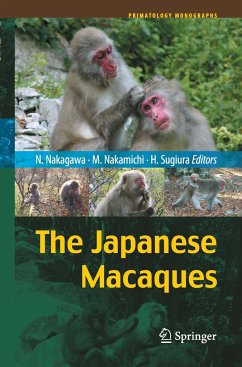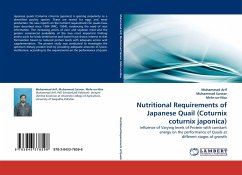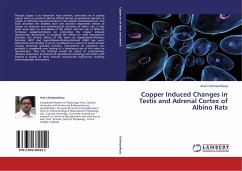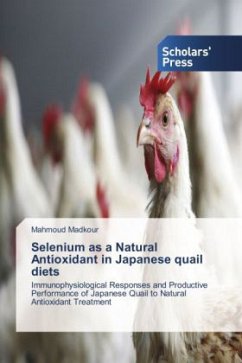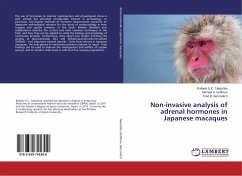
Non-invasive analysis of adrenal hormones in Japanese macaques
Versandkostenfrei!
Versandfertig in 6-10 Tagen
36,99 €
inkl. MwSt.

PAYBACK Punkte
18 °P sammeln!
The use of hormones to monitor reproduction and physiological stress in wild animals has attracted considerable interest in primatology. In particular, non-invasive methods of hormone measurement represent an important technological advance for the study of endocrinology in free-ranging and captive primates. In this book, Rafaela Takeshita and collaborators describe the current and most common techniques in this field, and how they can be applied to study the biology and physiology of nonhuman primates. Furthermore, they report two studies involving the analysis of glucocorticoids (GC) and deh...
The use of hormones to monitor reproduction and physiological stress in wild animals has attracted considerable interest in primatology. In particular, non-invasive methods of hormone measurement represent an important technological advance for the study of endocrinology in free-ranging and captive primates. In this book, Rafaela Takeshita and collaborators describe the current and most common techniques in this field, and how they can be applied to study the biology and physiology of nonhuman primates. Furthermore, they report two studies involving the analysis of glucocorticoids (GC) and dehydroepiandrosterone-sulfate (DHEAS) - two important adrenal steroids - from fecal extracts in Japanese macaques, the only species of nonhuman primates endemic to Japan. Their findings can be used to improve the management and welfare of captive groups, and to monitor stress levels in wild and free ranging populations.





